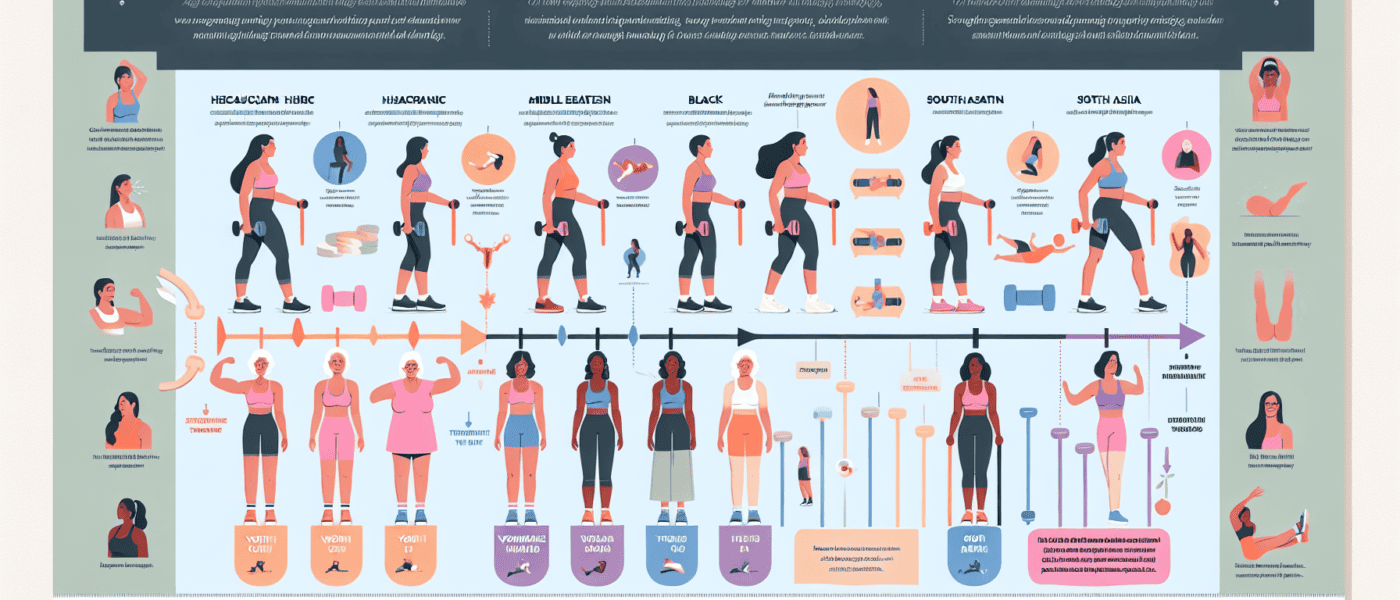The Critical Role of Strength Training in Women’s Health through Menopause and Beyond
The Importance of Strength Training
Dr. Stacy Sims, a renowned exercise physiologist and nutrition scientist, emphasizes the critical role of strength training for women’s health, especially as they approach menopause. She highlights the importance of maintaining lean muscle mass, which is key in managing body composition changes that often accompany menopause. Dr. Sims advises that incorporating resistance training into one’s fitness routine can significantly benefit women during this stage of life.
One of the most notable benefits of strength training is its positive impact on bone health. Through resistance training, women can stimulate the growth of new bone tissue, which is crucial for increasing bone mineral density. This, in turn, helps reduce the risk of developing osteoporosis and experiencing fractures. Dr. Sims is a strong advocate of using strength training as a preventative measure to preserve bone health and overall well-being as women age.
Holistic Health Benefits
Beyond physical benefits, strength training offers a plethora of metabolic advantages. Engaging in resistance exercises aids in building lean muscle mass, which enhances glucose uptake and helps with blood sugar management. This metabolic boost is vital for maintaining optimal health during menopause. Dr. Sims also points out that strength training has the potential to improve neural pathways, which is important for sustaining cognitive function as women get older.
Strength training also serves to elevate fat-burning metabolism, making it easier to manage weight, particularly during the menopause transition. Additionally, resistance exercises support cardiovascular health, which is essential for maintaining overall wellness. By focusing on building strength, power, and force, women can not only enhance their athletic performance but also maintain their independence as they age.
Dr. Sims recommends specific methods of resistance training for optimal results. She encourages women to use heavier weights and perform lower repetitions—specifically, three to five sets of six or fewer repetitions. By concentrating on major lifts such as deadlifts, squats, lunges, and other Olympic lifts, women can achieve significant strength gains. This approach aligns with Dr. Sims’ philosophy of prioritizing functional strength that supports day-to-day activities and long-term health.
Overall, the benefits of strength training extend beyond just the physical. It also contributes to enhanced mood, increased energy levels, and improved sleep quality. These holistic benefits are particularly valuable for women undergoing menopause, as they navigate various changes in their bodies. By adopting a strength training routine, women can experience a substantial improvement in their health and quality of life during this pivotal period.
